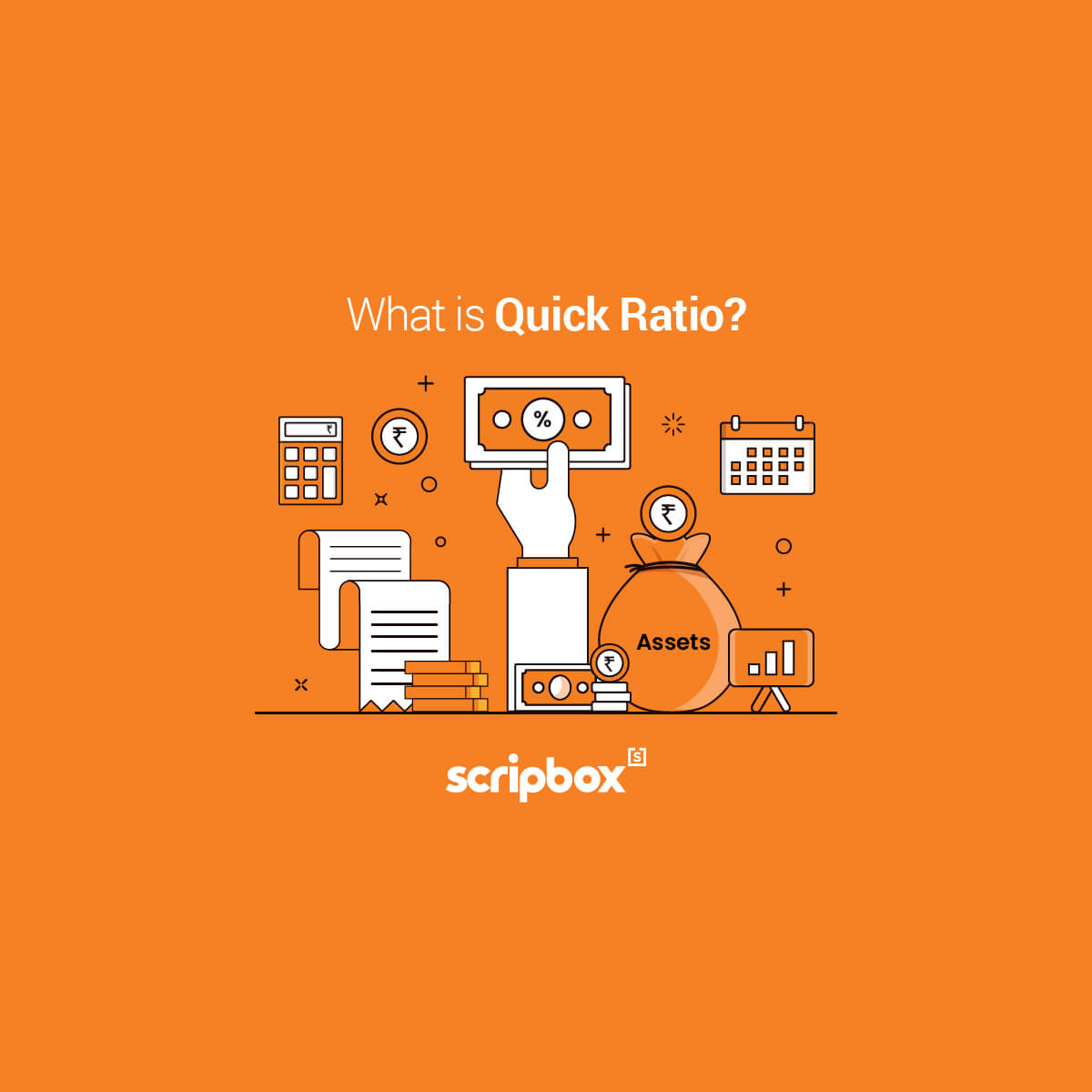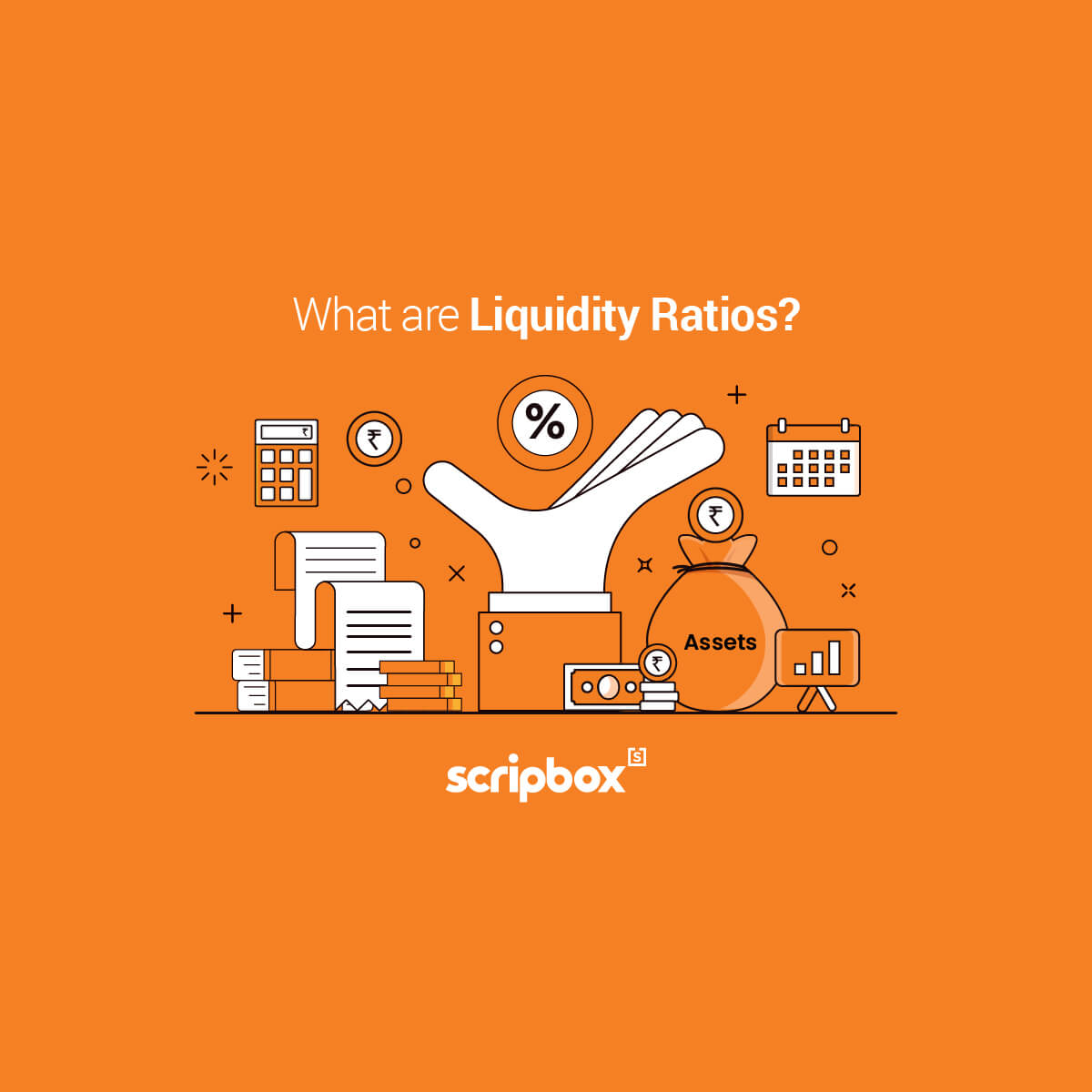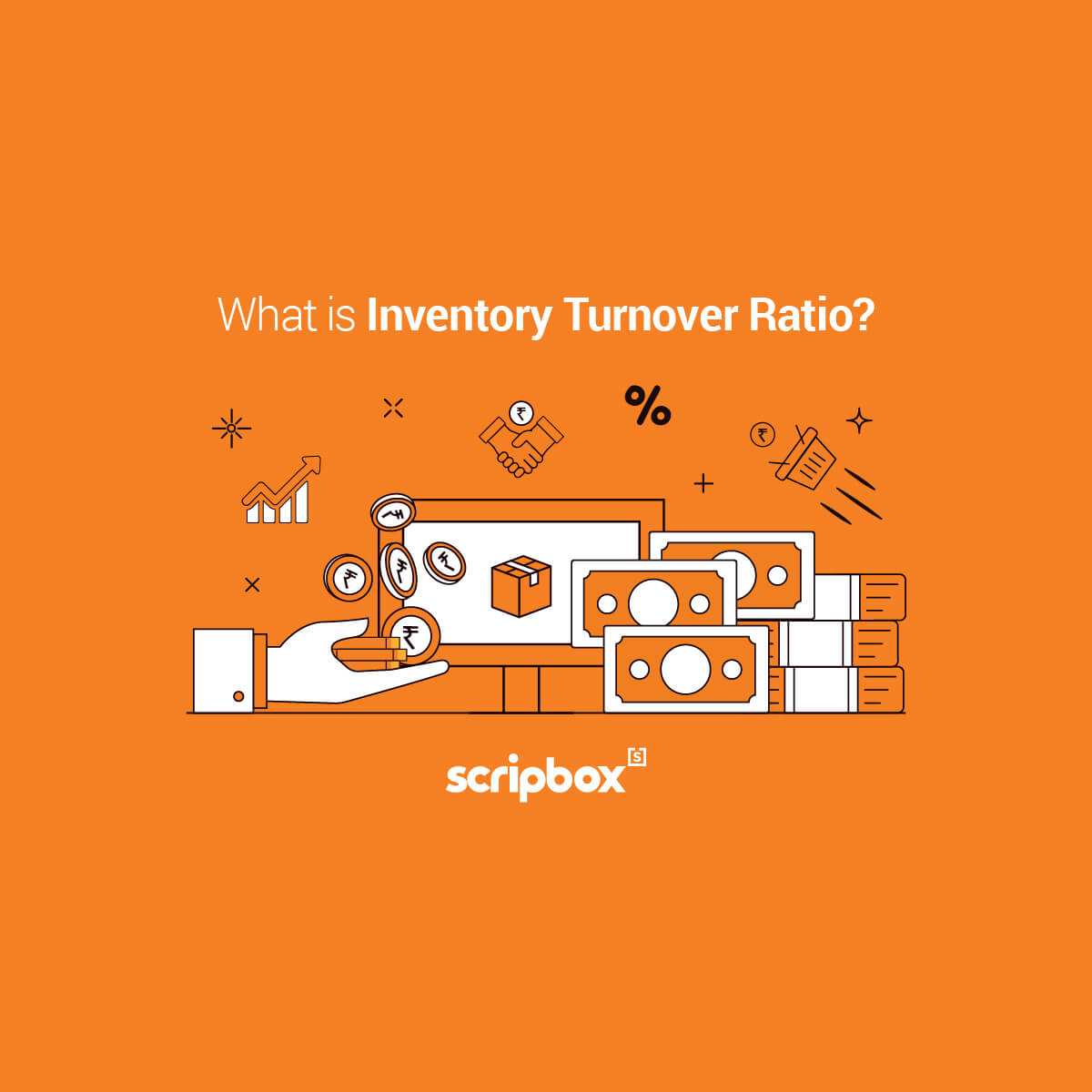
Quick Ratio
What is Quick Ratio? The quick ratio measures a company's ability to pay off short term obligations with liquid assets. In other words, the quick ratio is an accounting ratio that measures a company's liquidity. It is also known as...

OTC Derivatives
A derivative is a financial instrument that derives its price based on one or more underlying assets. A price change in the underlying assets directly impacts a derivative's market value. Such underlying assets include stocks, bonds, commodities, currencies, interest rates,...

NSE Holidays List 2026
The National Stock Exchange of India (NSE) is a stock exchange in India. The NSE was the first stock exchange in the country to implement a computerised trading system. The exchange first opened its doors in 1994. According to the...

Can NRI open a Demat Account in India? How to Open a Demat Account?
India is one of the fastest-growing economies in the world. Hence, it is considered favourable for investment purposes, especially for NRIs in Indian companies. NRI is a Non-Resident Indian who is residing outside India. Moreover, for an NRI to trade...

Net Present Value
What does net present value mean? Net Present Value is a measurement for series of cash flows within a specific period of time as it concludes the difference between present value cash inflows and cash outflows. It is used by...
Practical Insights For Wealth Creation
Our weekly finance newsletter with insights you can use
Your privacy is important to us

Liquidity Ratio
What is Liquidity Ratio? Liquidity ratios are accounting indicators of a company's capacity to meet short-term obligations. Prospective creditors and lenders frequently use liquidity ratios to determine whether or not to extend credit to businesses. These ratios compare the amount...

Investment Advisor
What is the difference between an investment advisor and a financial advisor? A Financial advisor has broader duties and responsibilities in comparison to an Investment advisor. A financial advisor looks into every financial aspect associated with the client, which includes...

Inventory Turnover Ratio
What is Inventory Turnover Ratio? Inventory turnover ratio is a financial ratio that indicates how many times a company's inventory has been sold and replaced in a given period. The number of days it takes to sell the inventory on...









